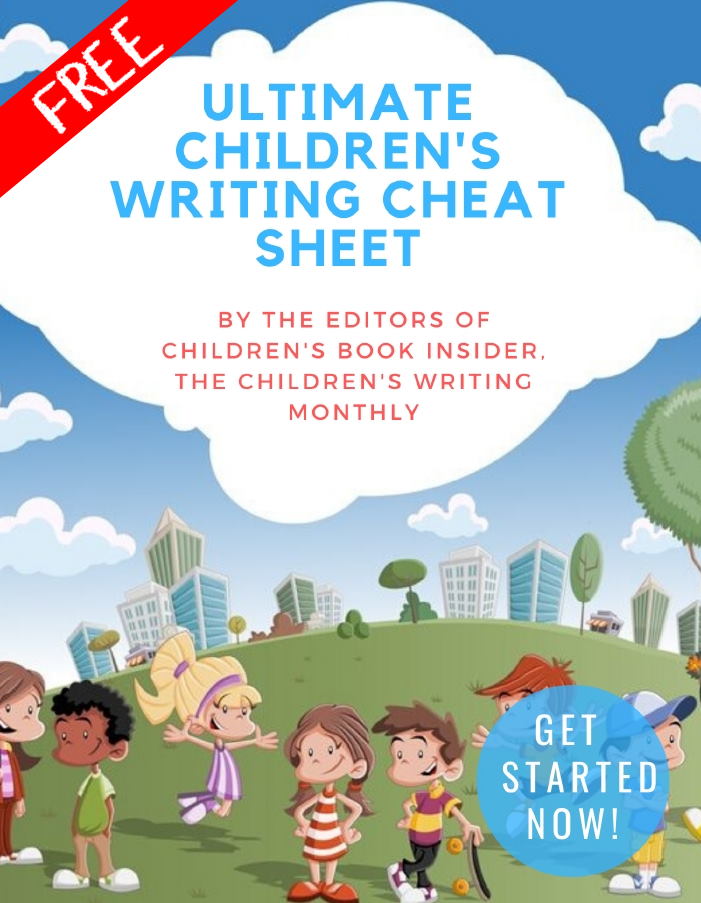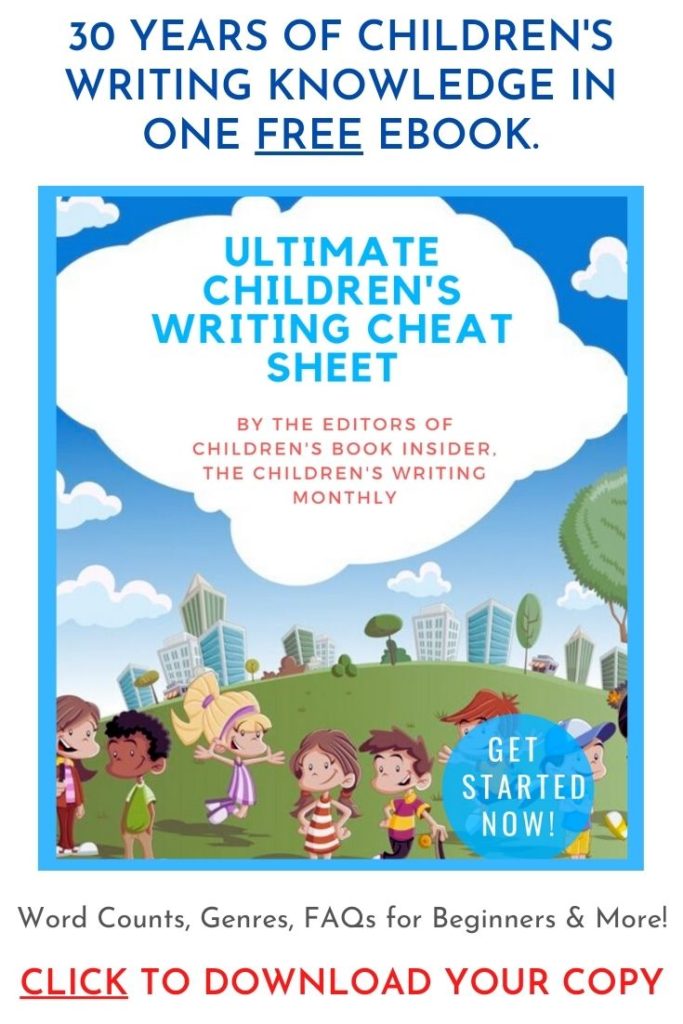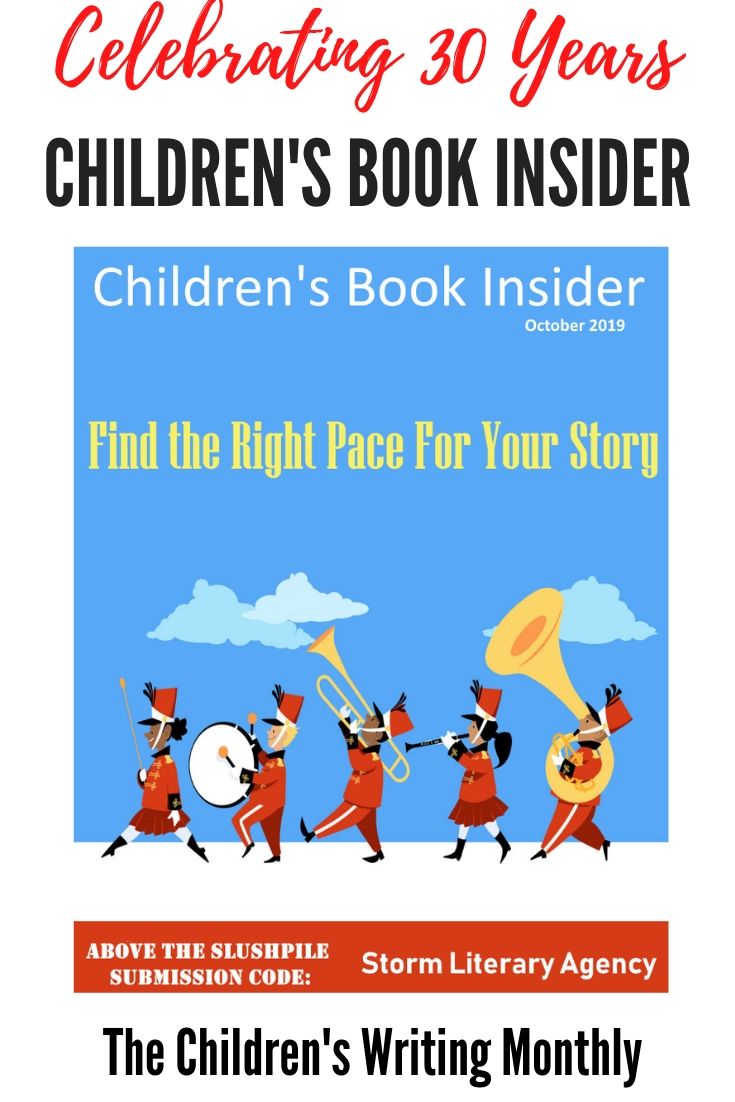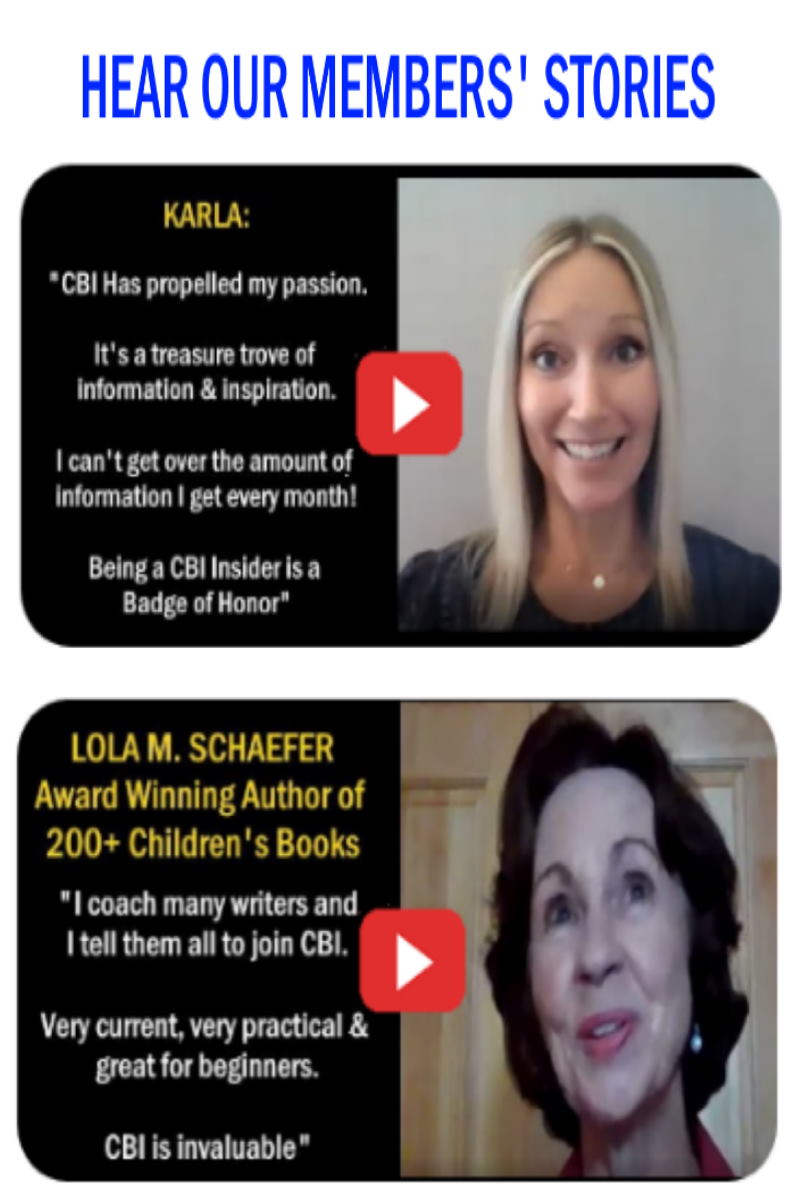
Have you ever received a critique on your work that pointed out substantial issues?
Yikes, it usually feels quite painful, particularly when it pertains to a story or poem that you really poured your heart and soul into. You want to vanish into the floor like the Wicked Witch of the West does at the end of The Wizard of Oz. If it happens in a writing class, you feel even worse. Isn’t it embarrassing to have your work critiqued in front of other people?
Yes, it can be very painful. But that’s the reality of being a writer. You can’t get far without feedback. Critical feedback can happen at any point in the writing process – from when you are coming up with an idea to when the book is finally out there. Someone can critique and analyze your work in the most nasty way possible – and there isn’t too much you can do about it. On the other hand, readers could provide invaluable advice which could help you transform your story into something great.
So, how do you handle critical feedback of your work? Obviously it’s painful, there are some things you can do to help minimize the pain and maximize the benefit of constructive criticism.
Listen to the feedback. Does it sound like it contains and inkling of truth? If the feedback is rational, constructive, and detailed, it may just be helpful in the long run. It’s painful to listen to it right now, but what matters is that you learn from it.
Consider the source. Who is giving this feedback? Is it a close friend? A fellow writer? Someone who cares about you and your work? Most likely they are trying to help you improve your manuscript, even if the critique is unsolicited. But if it is someone who may not have your best intent at heart, consider the source. What has this person written and published? Is it someone who’s written in the same book categories? (For example, someone who typically writes narrative nonfiction is unlikely to be an expert at writing fantasy). It is very easy to critique someone’s work, and most people don’t realize how difficult it is to write until they hit the keyboard.
Consider the credibility of the critique. Does the person offer vague comments? Or something tangible that relates to your work? Once I was attending a class in which we were assigned to write poetry about a Halloween topic. A writer wrote a very interesting poem about a ghost, to which one of the girls in the group said, “I don’t like ghosts. I don’t want to read about ghosts.” Naturally her comments centered around this idea and were not too useful. This girl had a very distinct bias in her critique, and wasn’t able to read the poem with an open mind.
Step away from the critique for a while. Write down the person’s thoughts, and look at them when you feel calm and collected. It is important to be polite and respectful, no matter what someone says to you. You may realize, down the road, that these comments are very helpful. Or you may discover they are not. But you probably want to step away and clear your mind before doing anything.
Don’t react emotionally. It’s natural to jump to the defense of our work, but sometimes the best approach is to listen quietly. You don’t want to create a bad relationship with this person, or burn a bridge that can never be fixed. Just be calm and professional about it. The best approach is to thank the person for his comment, no matter how painful it is to listen to. Many times when someone makes a comment on your work, they are so focused on what doesn’t work that they don’t see how good the rest of it is. Don’t get discouraged, and don’t get down on yourself.
Look at the criticism when you are in a calm state of mind. When you step away from your manuscript for a while, you can return with a fresh perspective. You may begin to see that every word isn’t perfect, and that some of the comments that your readers have made are very helpful.
Use what is useful, and discard what doesn’t make sense. Not everything that readers recommend will improve your manuscript. And some of what they say has quite a bit of value. Sometimes it is helpful if you receive their comments, write them down carefully, and use them as a later reference. If everyone is making a suggestion to work on developing a less confusing plot, you may want to consider it. But if just one person is making eccentric comments, consider the source and if it really is useful. Remember, you don’t have to make these changes; you just have to think about it.
Take it with a grain of salt. Sometimes people make very thoughtful comments, but other times people are happy to critique a work without thinking deeply. It is important to read over the collected comments, and to try to find the threads that connect these thoughts. You may discover certain themes keep coming up, and you may want to think about looking more carefully at parts of your manuscript. In any case, it is important to realize that revision is part of the writing process.
Revise, revise, revise. When you go away with constructive criticism on your mind, you can go a positive direction— toward overall improvement. Or you can go in a negative direction, toward discouragement and despair. You can persist toward excellence, or you can falter and fail. You have to learn to take a few punches in order to be a good writer, and to be a great writer you need to be able to cull the good criticism from the bad. In any case, you will quickly discover that a manuscript is never finished; to paraphrase Langston Hughes, it is merely abandoned.
Suzanna Henshon is a published author and longtime contributor to Children’s Book Insider

✏ Word Counts & Age Groups for Every Kidlit Category
✏ FAQs, Glossaries and Reading Lists
✏ Category-specific Tips, from Picture Books Through Young Adult Novels
✏ 5 Easy Ways to Improve Your Manuscript
✏ Writing For Magazines …and more!
This is a gift from the editors of Children’s Book Insider, and there’s no cost or obligation of any kind.
We will never spam you or share your personal information with anyone. Promise!






That’s pretty much the way I look at it. You have to consider the source. Some folks just want to be mean. I think some people criticize harshly because of their own insecurities. That being said, I would choose the reader carefully. Just because someone is a friend, doesn’t mean they’ll be friendly toward your story. It’s best to have a reader who has some experience, someone who has been in your shoes.
Oh, by the way. I have some criticism for you. The title above LISTEN TO THE FEEDBACK has a typo. Does it sound like it contains AND (should be AN) inkling of truth?. Sorry, I used to edit medical documents so my eye goes right to that stuff. Otherwise, I think you are spot on!